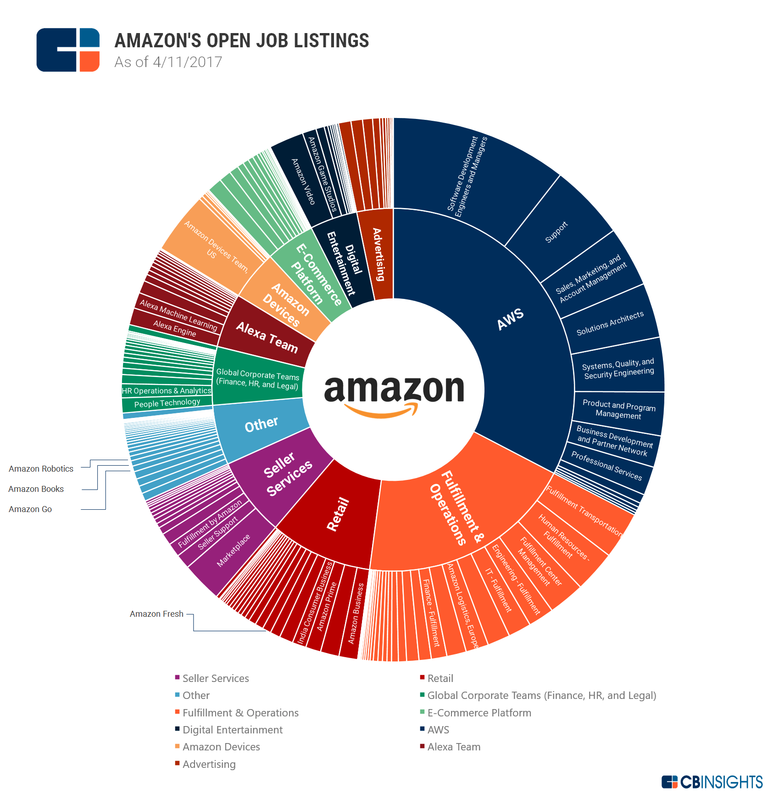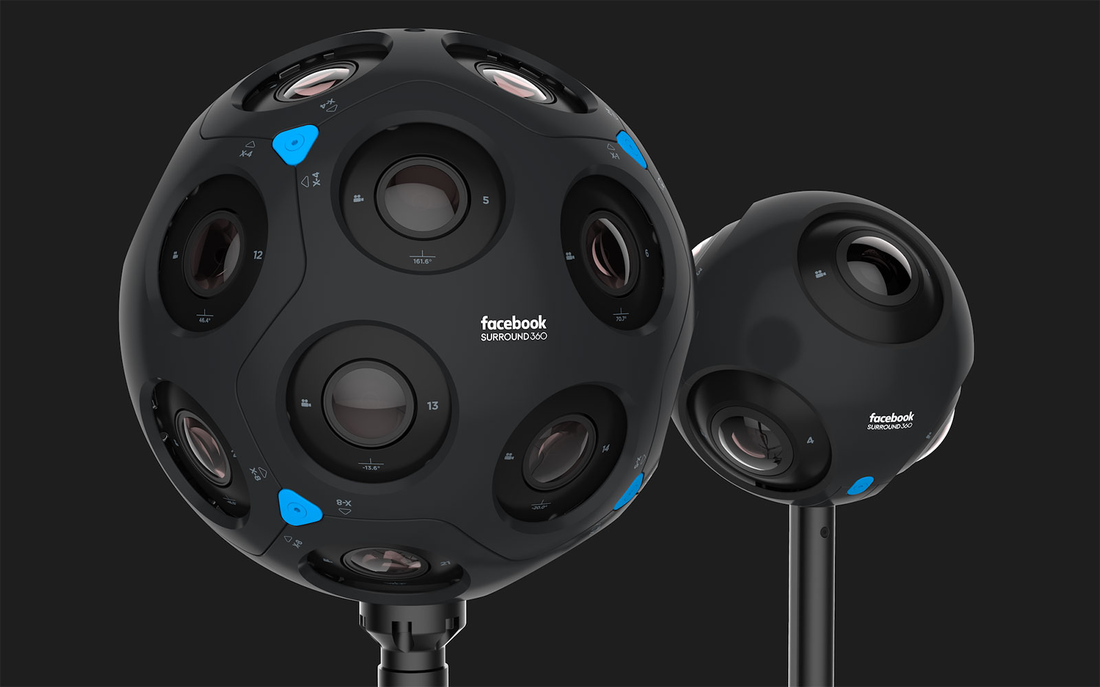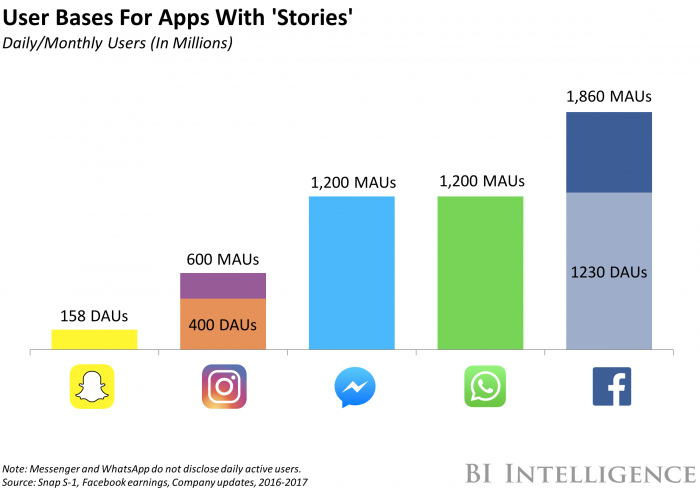|
A lot happened in Tech this week. Like a lot. And the week isn’t even over. Most of this was due to some very significant conferences happening in San Francisco; primarily Facebook’s F8 conference and Amazon’s AWS Summit. Immersive, AI and Voice experiences were the key themes and these are the trends for the future of the internet. Which is why it makes this weeks activity and announcements pretty important. Below are the highlights: AMAZON — Voice is the new Internet Voice assistants are changing the way we interact with the internet and Amazon Lex, which is the artificial intelligence (AI) technology behind Amazon’s Alexa voice assistant, is now available to all developers starting this week. Opening up this platform means that developers can build more voice and chat enabled apps powered by Amazon’s Alexa (including New Zealand’s own ARDA) and because it is integration focused, they can also be published within existing chat platforms such as Facebook’s Messenger or Slack. What’s important here is that AI is only as good as the data it leverages over time, so opening up Alexa in this way will give Amazon a big jump on competitors. Amazing side note: Amazon Web Services (AWS), which a lot of Alexa based services will integrate with and run on, now also accounts for 1/3 of all of Amazons job openings (Amazon currently have a whopping 16,800 vacancies!!) FACEBOOK — AR and Chat is going prime time Facebook is a company with many interests but this week they made a massive statement within the Augmented Reality (AR) space (as well as to continue to rip off SnapChat) by announcing an AR platform that will provide developers the tools to create products that recognize physical surroundings. Some of the new features unveiled by Facebook include a Camera Effects platform, not very dissimilar to SnapChats, which includes an AR Studio and Frame Studio that third-party developers can contribute to. The latest iteration of Messenger Platform was also launched and seems to have an increased emphasis on businesses and commerce. For example Mastercard announced partnerships with three retailers that enable chatbot purchasing inside the Messenger app. This marks an interesting move towards what the Credit Card company calls “conversational commerce,” Oh! And as part of Facebooks progression into AR and VR (and ripping off more of Snapchat), they also launched some camera hardware with two 360-degree cameras. The main difference here is that Facebook doesn’t plan on selling the cameras themselves. Instead, Facebook plans to license the x24 and x6 designs to a “select group of commercial partners.” Facebook also owns Oculus so it’s interest in immersive video will not be primarily focused on the social networking side of the business, but immersive video viewing has been in a feature in the Social Network feed for a while. SNAPCHAT After several months of teasing a product, Snapchat chose this week (likely due to the F8 conference) to release “World Lenses”, which is their newest AR product set. Both Facebook and Snapchat are now competing not just as Social Media competitors but as AR platforms. But the use case metrics can’t be ignored here — FB outcompetes Snapchat big time and the “Stories” feature in Instagram, which is a total rip off of Snapchat Stories, now has more Daily Active Users (DAU) than Snapchats. APPLE — in the Enterprise
Not to be outdone in the announcements space, Apple made its iWork productivity suite (the Apple version of Microsoft Office) and iLife applications (GargeBand and iMovie) free to all iOS and macOS users on Tuesday. This is an effort by Apple to keep iOS and Mac users within the Apple ecosystem and to streamline access to productivity apps for enterprise users — which Apple is making serious headways into. MICROSOFT — buhbye passwords! We all know that passwords are the worst and Microsoft feels your pain — but only if you are a Microsoft user. This week they introduced a new way for users to sign into Microsoft accounts that removes the need to remember your latest password, you just need to remember your phone, which we all know that none of us leave home without. More on how that works here. GOOGLE — Earth (not) VR Google Earth had a complete reboot this week that was 2 years in the making and is ready with interactive guided tours. Interestingly it is not quite VR ready yet and I’m not quite sure what to make of that except that I’m positive it is on the Google Earth road map Multi voice recognition is now available to Google Home. Which means homes can now register multiple users with Google home products, and recognizes them by voice. This likely makes Google Assistant, the engine behind Google Voice, the main competitor to Alexa (sorry Siri!) GO-PRO — VR CameraGoPro is struggling to remain relevant after a rough 12 months. Today the company took the wraps off a new spherical camera called Fusion which is a device designed for creating fully immersive content (at 5.2k) as well as non-VR video and still photos. This now pits Go-Pro firmly against Snapchat and Facebooks Camera efforts.
0 Comments
Leave a Reply. |



